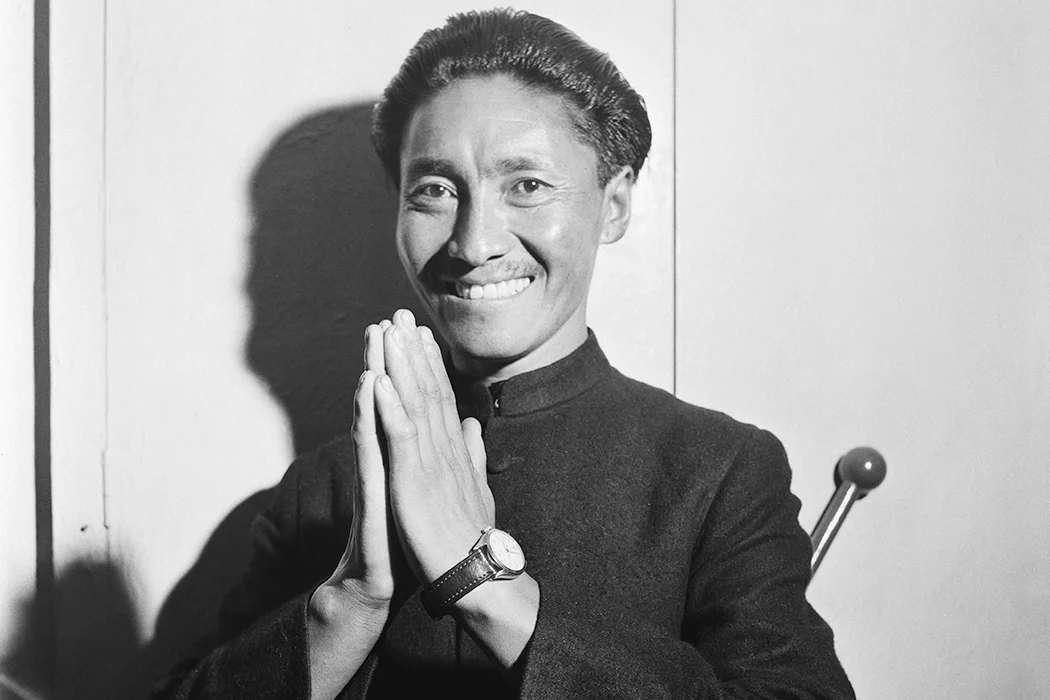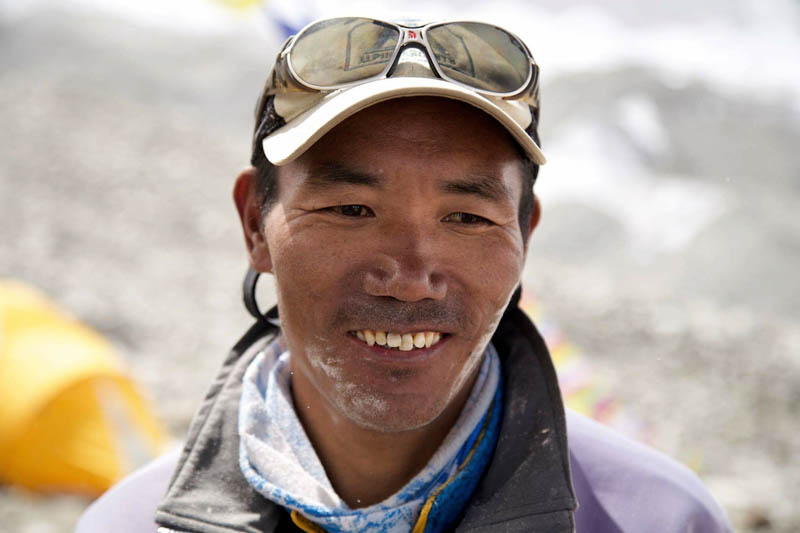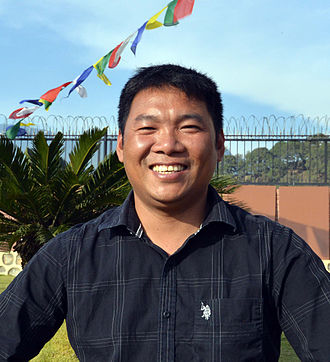The credit for creating Greater Nepal goes to a single person named Prithvi Narayan Shah, whose courage and vision were the main reasons behind the united Nepal we live in today. Prithvi Narayan Shah was born in Gorkha on Poush 27, 1779 BS, as the first son of King Narabhupal Shah and queen Kausalyawati, making him the crown prince and heir to the throne. He had a vision: to conquer all the small kingdoms and create a larger nation, which he never gave up on and was determined to fulfil.
Maharajadhiraja Sarkar  Prithvi Narayan Shah | |
| Born | 7 January 1723 A.D. (27th Poush 1779 B.S.) Gorkha Palace, Gorkha Kingdom |
| Died | 11 January 1775 A.D. (Maght 1st 1831 B.S.) Devighat, Kingdom of Nepal |
| Father | Nara Bhupal Shah |
| Mother | Kaushalyavati Devi |
| Wives | Indra Kumari Devi Narendra Rajya Lakshmi Devi |
| Children | Pratap Singh Shah Vedum Shah Bahadur Shah Bilas Kumari Narayan Shah Vishnu Shah |
| Nickname | Nation Builder (The Father of the Nation) First King of Kingdom of Nepal |
From the time he was just a small child, he had every quality required to be a good leader and king. Wrestling and swimming always caught his interest, and his courage was no less during childhood than it was during his young age or even old age. History tells us that his family priest, Gorakhnath, bestowed upon him a blessing as well (he will conquer the territory he stands on).
After his father passed away in 1799 BS, at the age of 20, he succeeded to the throne of Gorkha. His first work after ascending the throne was to train his soldiers and start the process of expanding the territory of his kingdom. He had won most of the neighbouring kingdoms and developed friendly relationships with the kings of the three main cities, which are Kathmandu, Lalitpur (Patan), and Bhaktapur.
From the trade point of view, Nuwakot was the perfect place, and the Kathmandu Valley also depended on Nuwakot for trading purposes. So, he attacked Nuwakot but could not conquer it the first time, and in his second attempt, he successfully conquered the kingdom. He liked the beautiful valley of Kathmandu so much that he desired to conquer it. He made his first attack on Kirtipur, but he was defeated twice and also lost one of his bravest army chiefs, Kalu Pandey. However, he did not give up, and he successfully won the kingdom in his third attempt.
After that, his target turned over to Kathmandu and successfully attacked it in 1825 on the occasion of Indrajatra; then on the list came Patan and then Bhaktapur. Although he had developed friendship relations with the king of Bhaktapur, the bond did not stop him from attacking; instead, he let his Mitjiu either surrender or flee from there.
After conquering these kingdoms, he turned his attention to the eastern and western kingdoms. He had successfully extended his territory to Darjeeling, now in India, and while he was planning an attack on Sikkim, he fell sick. His health worsened, and he died at the age of 52 in 1831 BS. Although he gave most of his time to the expansion of his territory, he also laid out the guidelines for governance, nationalism, and foreign policy in his Divya Upadesh (Divine Advice). He laid out nine principles that formed the foundation of Nepali political and national life.
He was determined in his quest to extend his territory, and he did not consider any type of relationship seriously but rather used them solely for the fulfilment of the purpose. No matter how cruel or strict Prithvi Narayan Shah was, it was this cruelty as well as his courage that made him able to fulfil his wish to unite the small kingdoms and build a greater Nepal. He was also responsible for developing a feeling of unity in diversity among the people of Nepal, as he considered Nepal to be the garden of four castes and thirty-six sub-castes. If it weren’t for him, we might not have been able to feel proud to call ourselves Nepalis. It was his courage that kept Nepal free from the British invasion and also brought unity and diversity among the people of Nepal.
Read Also:








